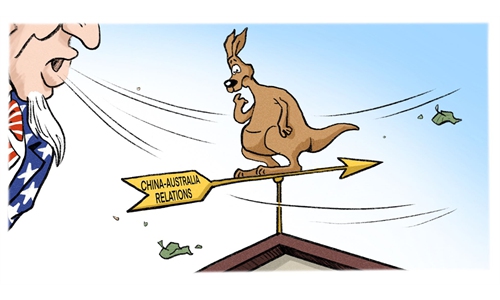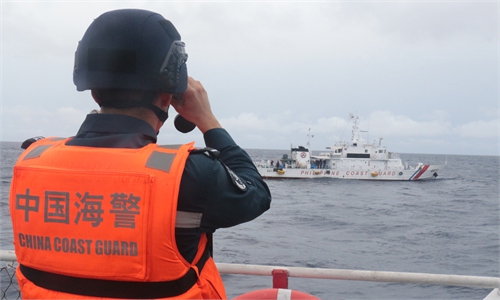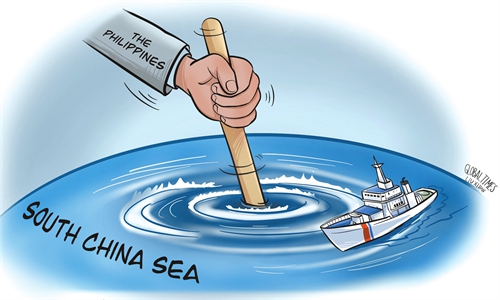King accorded state welcome in Beijing

Red-carpet welcome: Sultan Ibrahim arriving in Beijing as a guard of honour mounted by the People’s Liberation Army stands at attention. Accompanying His Majesty is Sun (right). — Bernama
BEIJING: His Majesty Sultan Ibrahim, King of Malaysia has arrived for a four-day state visit to China.
His Majesty, who ascended the throne on Jan 31, is making his maiden state visit to China at the invitation of President Xi Jinping.
The special aircraft carrying His Majesty departed from the Royal Malaysian Air Force Subang Air Base at about 9.40am yesterday and arrived at the Official Terminal, Beijing Capital International Airport at 3.30pm.
Accompanying His Majesty on the visit are Transport Minister Anthony Loke and Housing and Local Government Minister Nga Kor Ming.
Tunku Temenggong Johor Tunku Idris Iskandar Ibni Sultan Ibrahim, who arrived at the same airport in a separate aircraft at about 3pm, is also accompanying His Majesty on the visit.
Sultan Ibrahim was received at the airport by China’s Vice Minister of Foreign Affairs Sun Weidong, China’s Ambassador to Malaysia Ouyang Yujing, Malaysian Foreign Ministry secretary- general Datuk Seri Amran Mohamed Zain and Malaysia’s Ambassador to China Datuk Norman Muhamad.
His Majesty received the salute from a guard of honour mounted by the People’s Liberation Army.
His Majesty’s visit symbolises the robust state of bilateral relations between Malaysia and China that have continued to grow since its elevation to a Comprehensive Strategic Partnership in 2013.
During the visit, Sultan Ibrahim will be accorded a ceremonial welcome at the Great Hall of the People in Beijing, followed by an audience with Xi and a state banquet hosted by the Chinese President.
His Majesty will also grant an audience to Premier Li Qiang and visit the Beijing COMAC Aircraft Technology Research Centre to observe the latest developments in China’s aviation technology.
His Majesty is also scheduled to attend the naming ceremony of the Chair of Malay Studies at Beijing Foreign Studies University in His Majesty’s honour and engage with the Malaysian diaspora during the visit.
The visit also coincides with the 50th anniversary of diplomatic ties between Malaysia and China.
Earlier, during a press conference, Norman said His Majesty’s state visit is highly anticipated by China.
He noted that this is the first state visit by a Malaysian King to China in 10 years, marking a significant moment for both nations as they celebrate the 50th anniversary of diplomatic relations.
This is the second state visit conducted by His Majesty, with the first being a two-day visit to Singapore in May at the invitation of President Tharman Shanmugaratnam. — Bernama












